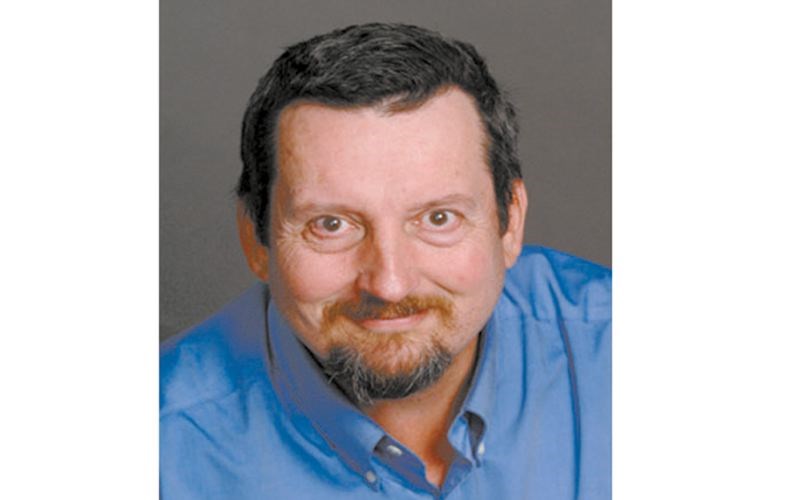I write these columns on Friday, so I do not have any knowledge of how the election turned out this past weekend. If I did, I would have started with congratulations to Mayor _________ and councillors ______________.
Regardless of who wins this weekend, I do hope that the electoral turnout was strong. Hopefully, a majority of citizens will have voted.
I also hope that everyone will also show both those who were successful and those that weren't the respect that they deserve. It is not an easy thing to put your name forward for election and we owe a debt of gratitude to all who did.
It is heartening that some of the choices in this election were very clear and binary. There were only two candidates for mayor. One of them had to win. There is no question that whoever was successful, they have the backing of a majority of the electorate that voted.
On the other hand, for council, there were so many candidates, it was almost hard to keep track. There are many worthy candidates who were likely not in the top eight.
But having to choose between only two mayoral candidates brings me to something that I noticed during the discussions in this election and in society in general. We seem to be demanding that all questions have a single answer. Yes or no. Right or wrong. Up or down. In or out. Which is it?
An article in the Citizen a couple of weeks ago, quoted someone as saying: "We don't know the answer as to why young people aren't voting."
That was probably a bit of a slip of the tongue but it implies that there is a singular answer to the question about youth vote.
We want to hear: "It is because they are indifferent" or "They only respond to social media."
An answer like that could then allow for a clear path of action - better engagement for youth in politics or move voting to a social media site. A singular answer.
But I would suggest that there as many reasons for people to not vote as there are people that didn't vote. Not just young people but everyone.
"I didn't have time" or "I am not interested" or "I didn't like the candidates" or "I didn't know the candidates" or "I don't know the issues" or "were we supposed to vote?" are all comments that one hears after an election.
There isn't a singular answer to why people don't vote.
There is also not a singular answer to what it will take to fix Prince George. Indeed, there are many good people in this city who would say that there is nothing wrong. Sure, streets are not always plowed promptly and the occasional pothole emerges with the spring thaw but on the whole, it is a pretty great city they would say.
However, both mayoral candidates highlighted growth in our population as part of their platform. Growth is seen as a good thing.
Growth equates to more workers, more shoppers, more home owners, and more taxpayers.
But uncontrolled and unfettered growth can also lead to stress on infrastructure and demand for social services. In British Columbia, the 1990s saw unprecedented increases in the population, both in numbers and in the percentage change. The result was an imbalance between revenue and expenses for the government. The economy couldn't keep up and financial stress resulted.
Prince George in the 1990s didn't experience the same growth in numbers as the rest of the province. I have been told by at least two council candidates that our population has been flat since the 1970s.
Maybe, then, it is time for growth. Maybe that is part of the solution. But it can't be the only answer. Growing the local economy is way more complex than simply adding a few more thousand people. Or 20,000 more people.
If business is going to move to Prince George then there has to be a reason to be here particularly when communication allows almost anyone to work from almost anywhere. (There are fast food restaurants in the U.S. Midwest where the person on the microphone at the drive through window is in a call centre in India.)
Moving the economy of Prince George forward is a complicated task. There are many questions that need to be asked with many possible answers. Indeed, most of the important questions do not have a single solution.
Over the next four years, it is the job of the mayor and council to navigate through the waters. It is their task to find answers or approaches to addressing many of the issues that we face. Prince George is a great city but it still needs some work.
Congratulations, Mayor ______________ and councilors __________________.
I hope that you are up to the task.



